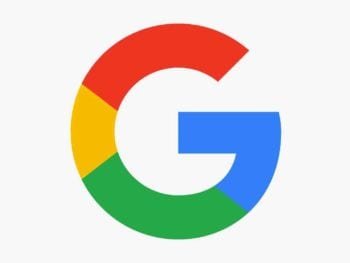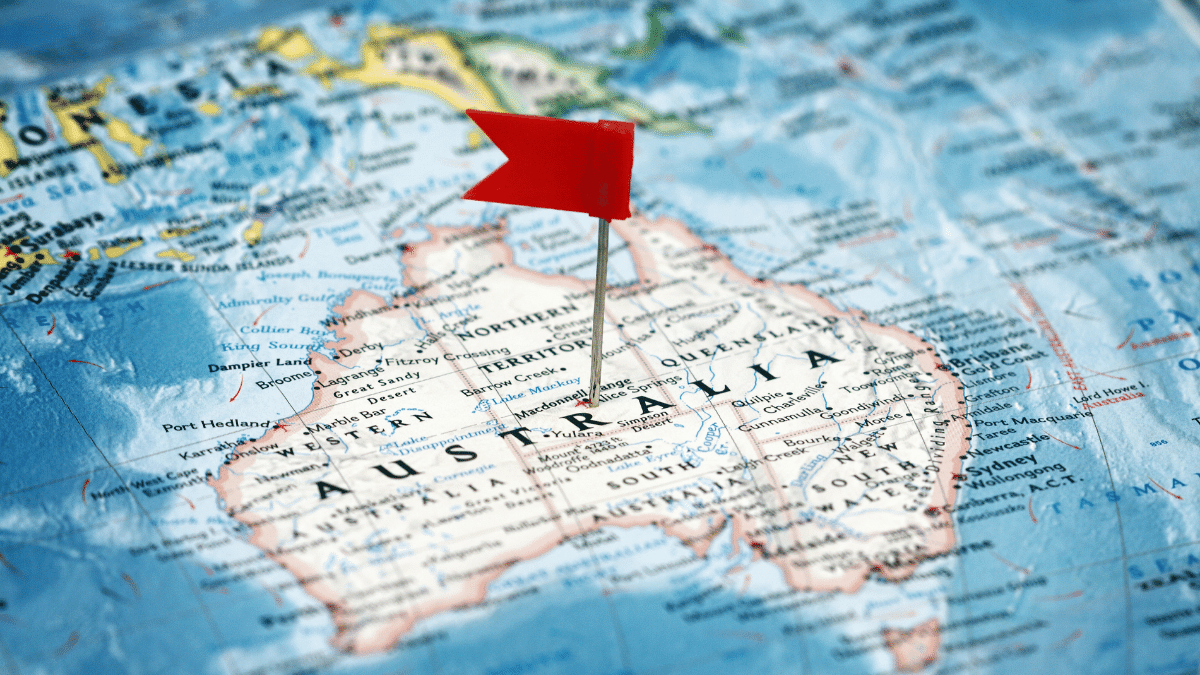Google v. Australia: The Link Tax Down Under

On Friday, Google representative Mel Silva gave testimony before the Australian Senate in which she attacked a proposed new law that would require Google to pay news publishers in the country for links and snippets to their content.
According to Silva, if the law passes as is, Google will have “no real choice” other than to pull out of the country and stop offering search to those in Australia.
The law would also require Google to share traffic data with news sites as well as give a 28-day notice to any changes in its search algorithm, something Google has always fiercely protected.
Facebook, who would also be impacted by this law, hasn’t threatened to pull out of Australia but previously said that it will prevent users from sharing news sites. Facebook also took issue with the number of deals that would be required.
Australian Prime Minister Scott Morrison hit back against Google’s strong words with some of his own saying that, “We don’t respond to threats” and “Australia makes our rules for things you can do in Australia.”
All of this raises a simple question: Is Google making an idle threat or could they pull out of Australia.
There’s no straightforward way to tell.
A Familiar Story

If this story sounds familiar, it’s because it is. Just the day before the testimony, Google announced it had reached a deal with a French trade group on how to negotiate and pay French publishers for using their links, snippets and thumbnails in Google News.
That move followed a 2019 European Union Copyright Directive that applied a so-called “Link Tax” that required search engines, like Google, to pay for the use of news content.
Prior to that, Google had sown a great deal of hesitancy to pay publishers for the use of their material, even famously shutting down Google News in Spain to avoid a new law in that country.
Still, after the passing of the 2019 European Union Copyright Directive, that stance did seem to soften, and Google quickly worked the strike deals. Faced with the prospect of losing not just one country but an entire bloc of nations, Google decided to negotiate rather than retreat.
However, according to Google, the proposed Australian law is fundamentally different. In a statement to Ars Technica, Google claimed the issue isn’t about money at all but the exact implementation of the law.
To that end, there are some key differences that deserve exploring.
Why This is Different
Though Article 11 (renamed Article 13 before passing) of the European Union Copyright Directive is often referred to as a “link tax” the section had nothing to do with links at all.
While the details of implementation were left vague, it simply obligated countries in the bloc to enable news sites to, “obtain fair and proportionate remuneration for the digital use of their press publications by information society service providers.”
Linking itself was not the issue, it instead was thumbnails, headlines and snippets. However, according to Google, the French implementation of the law didn’t include snippets at all, which is why they say they were able to work with French publishers.
The Australian law works differently. First, it applies directly to both snippets and links, something that Google says is are the “building blocks of the free and open web.”
To make matters worse for Google, non-discrimination rules in the law require Google to treat sites the same whether they have to pay to link them or not. As such, they can’t simply stop linking to sites and only linking to free ones.
Things get even worse for Google when looking at how the rates should be decided. Though the law requires both sides to negotiate in good faith, if no deal is reached, an arbitration panel will set the rate for them. Google fears that such a panel would be biased in favor of the local publishers.
So, while it’s easy to see why the Australian law is different from the EU’s, that doesn’t mean that Google isn’t bluffing. In fact, it’s very likely that they are.
A Bad Poker Face
As Alex Hern at The Guardian noted, Google’s threats might have carried more weight if they hadn’t come right after Google signed a deal with French publishers.
Australia, as well as other countries, are wanting some of that as well and are willing to legislate to make it happen.
Though it’s true that Google did pull Google News out of Spain and that Spain is has a much larger population than Australia, there’s a significant difference between terminating a secondary service like Google News and pulling out entirely.
The truth is neither the situation in Spain nor France are clear indicators of what Google might do in Australia. However, Google has made it clear it’s willing to pay publishers and it’s now a matter of details.
Though it’s entirely possible that Google might pull out of Australia if the law passes as-is, the bill is still likely to change before passing. As such, it seems unlikely given their recent history and it also seems as if it’s Australia, not Google, negotiating from a position of strength.
Australia has a roadmap that shows them not just how to get Google to pay, but how to push for more. Other countries are sure to follow and that’s just going to make Google’s position less and less tenable over time.
Bottom Line
Google and Facebook both are finding themselves in the middle of a crisis. Globally, there’s a great deal of pushback against them. In addition to the challenges in the EU and Australia, Turkey is also eyeing Google for copyright reform.
Google is sitting at the center of a major pushback. Tired of United States-owned companies having a near-monopoly level of control over the Web, many countries are fighting back and Google’s threats are seen not as warnings, but as attacks on local governance.
Google is no longer seen as a hero, especially outside the United States. The company is broadly mistrusted and that makes it a popular target for politicians all over the world.
Even if Google can withdraw its services from Australia, it can’t do it from everywhere. As the backlash against Google continues to grow, it finds its position weakened and untenable.
Google is a wounded giant surrounded by an angry mob. Though it’s still dangerous, it’s no longer invincible.
Want to Reuse or Republish this Content?
If you want to feature this article in your site, classroom or elsewhere, just let us know! We usually grant permission within 24 hours.
